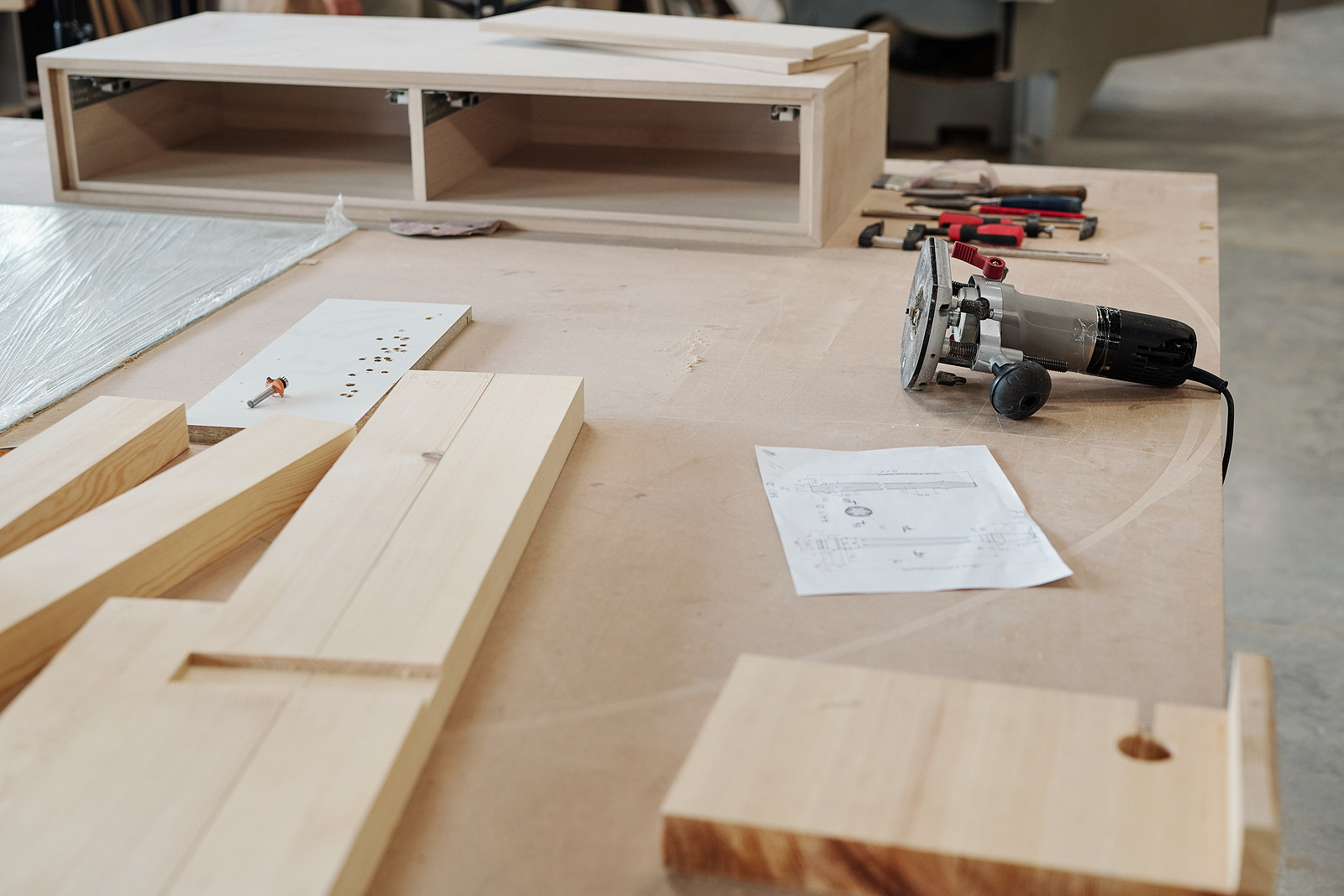While many cities have factory-built homes within their boundaries, they are limited in how they can zone such residences. The Code of Iowa and the State Building Code pre-empt nearly all local building codes, and cities must adhere to those provisions before implementing any city regulations. However, cities are able to establish minimum requirements for all residential structures which can provide a measure of local control.
Factory-Built Structures
There are various types of factory-built structures, and it is important to know the types and differences prior to establishing any city zoning laws. Federal and state laws provide guidance on what is considered a factory-build structure, including manufactured, mobile and modular homes. These are structures that are wholly or substantially fabricated, built or assembled in a manufacturing facility for delivery and installation at a building site.
A mobile home is defined as any vehicle without motive power used or manufactured or constructed to permit it being used as a conveyance upon the public streets and highways and is designed, constructed or reconstructed to permit the vehicle to be used as a place for human habitation by one or more persons. It also includes any such vehicle with motive power not registered as a motor vehicle in Iowa. A mobile home is not built to a mandatory building code, contains no state or federal seals, and was built before June 15, 1976, the date that the U.S. Housing and Urban Development (HUD) building code regulations were enacted.
Manufactured home means a factory-built structure similar to a mobile home, but built under the authority of 42 U.S.C. § 5403. The structure is required by federal law to display a seal from the U.S. Housing and Urban Development and was constructed after June 15, 1976. Many manufactured homes are often hauled to the property in two halves and are joined together and permanently fastened to a permanent or piered foundation.
A modular home is a factory-built structure that is manufactured in components. They must comply with the Iowa State Building Code for modular factory-built structures and display the seal issued by the State Building Code Commissioner. Often, the components are hauled to the building site, and the structure is assembled and permanently sited on the property.
With the exception of mobile homes built prior to 1976, factory built homes carry a building seal. Modular homes have a state seal placed in or on each section of the home. Manufactured homes carry a seal as specified by HUD. Both homes are required to display data plates near their main electric panels. These plates include the name of the manufacturer and the date of manufacture.
State and Federal Regulations
The State Building Code and federal factory-built home standards pre-empt virtually all local building code provisions and regulations regarding the construction of new factory built homes. Additionally, each state has the right to develop standards for the stabilization and support (tie-downs) of the homes and their foundations. Homes that meet the state and federal standards and bear the appropriate seal are generally not subject to local building codes.
Factory-built structures must meet the requirements of the State Building Code, which is detailed in Code of Iowa Chapter 103A. Section 103A.9 contains the laws regarding factory-built homes. The Code also expressly limits the ability of cities to establish local regulations on factory-built structures. Code Section 414.28 states “A city shall not adopt or enforce zoning regulations or other ordinances which disallow the plans and specifications of a proposed residential structure solely because the proposed structure is a manufactured home.” The section also says that a city zoning ordinance cannot require a perimeter foundation system for a manufactured home which is incompatible with the structural design of the manufactured home structure. Finally, cities may not require more than one permanent foundation system for a manufactured home.
City Zoning
Many cities in Iowa have adopted ordinances that require these factory-built homes include a perimeter, non-weight bearing foundation that is visually compatible with other structures in the area. Cities in Iowa also have the authority to treat factory-built homes like any other residential structure subject to the city’s zoning restrictions and bulk regulations. This can include the requirement to install sidewalks and hard-surfaced driveways. In addition, these homes are also subject to nuisance and property maintenance regulations that a city may enforce.
Cities can also restrict where mobile homes built prior to June 15, 1976, can be located and may confine them to a mobile home park and make them subject to minimum residential standards. While state and federal laws preempting local regulation limit a city’s regulatory options, cities may use their broad police powers under Home Rule to establish ordinances that provide minimum requirements for all residential structures. Such ordinances may include minimum floor areas, minimum width or shortest exterior dimension, foundation requirements, wall and roofing materials. However, cities may not use their zoning laws to discriminate against modular and manufactured houses.






